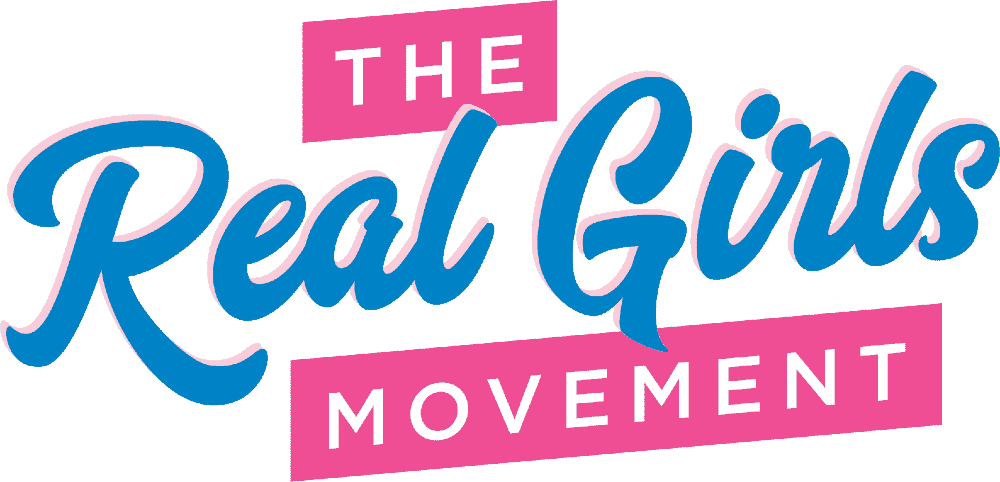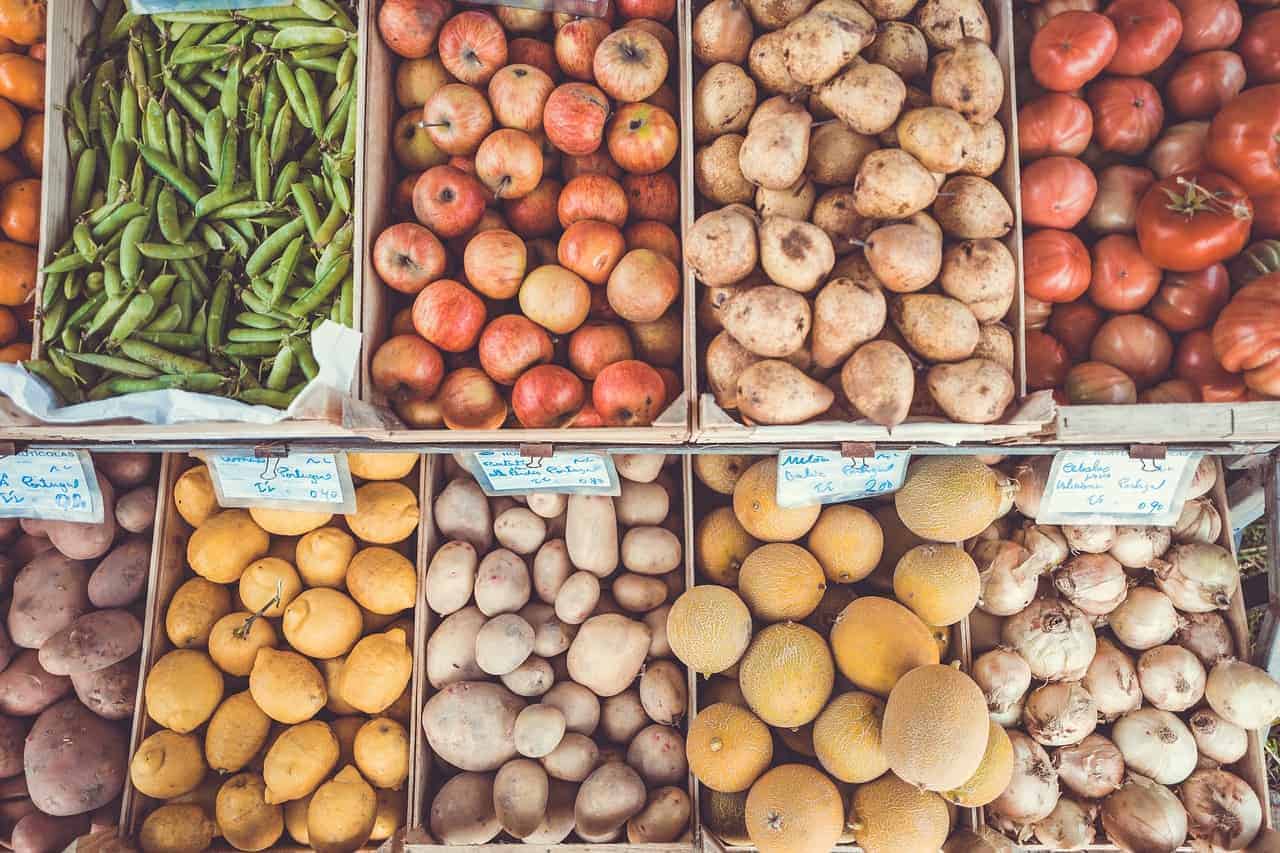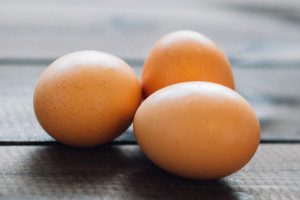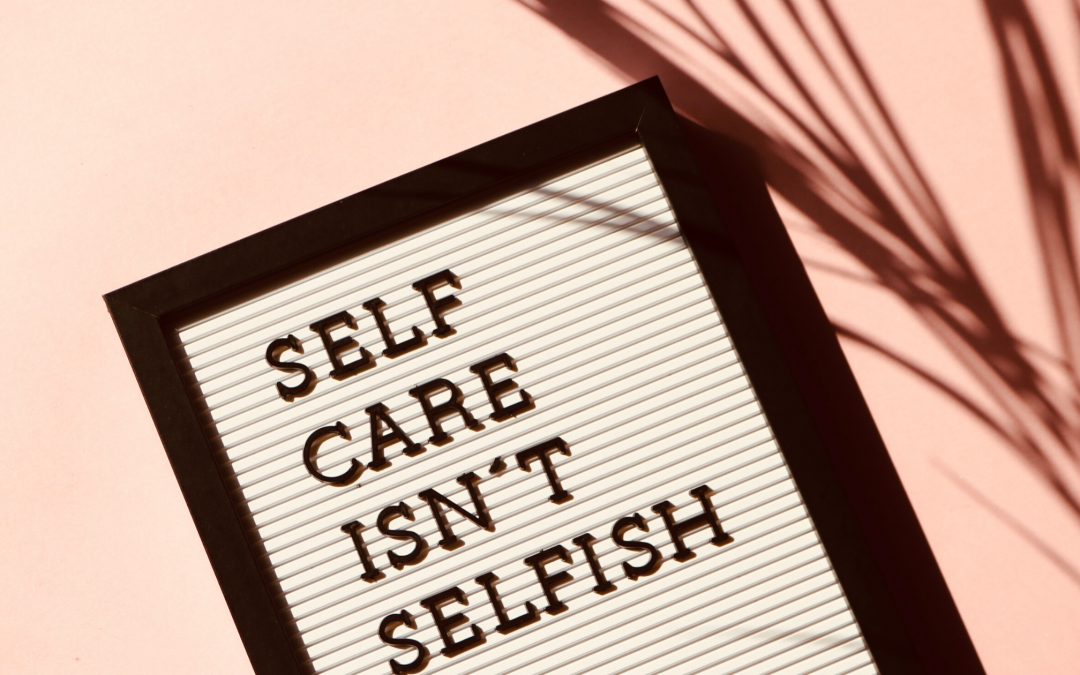During menopause women tend to gain weight. While this isn’t great it’s pretty common and there are many reasons why.
Two reasons why women gain weight during menopause…
Reason #1
Reduced muscle mass. Muscle mass uses energy (burns calories) so when we have less of it the body burns less energy overall, leading to weight gain. Unfortunately, this weight gain may appear as increased belly fat.
Reason #2
During menopause there is an increase in the hunger hormone “ghrelin”. With an increase in this hormone comes the tendency is to feel hungrier. Menopause also decreased the “satiety” hormone “leptin” that helps us feel full after eating which can lead to overeating.
More ghrelin and less leptin = increased hunger and a decreased feeling of fullness…that’s a problem!
What does all of this have to do with breakfast?
Eating the right type of breakfast has been shown to help maintain muscle mass, balance levels of leptin and ghrelin, aid weight loss and maintaining that lower weight.
What makes a food “optimal” for breakfast in menopause? Foods that help to increase metabolic rate, fill you up, and keep you feeling fuller longer.
Let’s have a look at the characteristics of these “optimal” foods.
Protein
Make sure to get protein in the mornings. Eating protein is critical for women in menopause.
Protein helps to slightly increase metabolism and give your muscles the amino acids they need to stay strong. Protein also helps keep you feeling fuller longer which is great to try to offset that hunger hormone known as “ghrelin”.
Protein also helps to reduce bone loss that can happen very fast during this time.
Which foods are high in protein?
- Meat and poultry
- Fish and shellfish
- Eggs
- Beans and lentils
- Nuts and seeds (contain more fat than protein but still a great source of amino acids)
Check out this great breakfast recipe for you to try tomorrow morning. It contains eggs which some say are the “perfect protein”.
Fibre
Fibre is very important to help stabilise your blood sugars to reduce cravings. The reason this is particularly important in menopause is because the risk of diabetes and heart disease increases after menopause due to an accumulation of visceral fat in the abdomen. (Yes, I’m talking about the infamous “belly fat”!).
Also, did you know that certain fibres you eat actually feed your friendly gut microbes? The ones that help you digest food and even make certain nutrients for you?
Which foods are high in fibre?
Here are just a few of the items you could add to your diet to increase fibre intake.
- Vegetables (squash, peas, sweet potato, artichokes, collard greens, pumpkin, parsnips, Brussels sprouts etc.)
- Fruit (pears, avocados, blueberries, raspberries, blackberries etc.)
- Nuts (almonds, pistachios, macadamia, hazelnuts, pecans, Brazil nuts, walnuts, dried coconut etc.)
- Seeds (sesame, sunflower, pumpkin, chia, flax etc.)
- Gluten-free grains (oat, quinoa, wild rice etc.)
- Beans and lentils
Bonus points if you get at least some of you daily fibre from flax. Flax not only contains fibre but it is also a source of protein and omega-3 fatty acids. Flax has even been shown to help reduce both hot flashes and the risk of breast cancer. Win-win!
Conclusion:
What are “optimal” foods for breakfast in menopause? Ones that give you ample protein and fibre.
References:
https://authoritynutrition.com/menopause-weight-gain/
https://authoritynutrition.com/leptin-101/
https://www.thepaleomom.com/is-breakfast-really-most-important-meal/
http://nutritionfacts.org/video/just-the-flax-maam/
https://ndb.nal.usda.gov/ndb/nutrients/index






